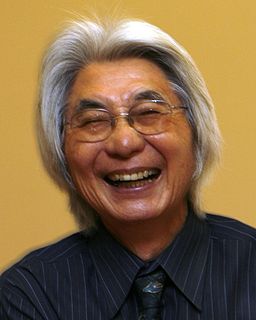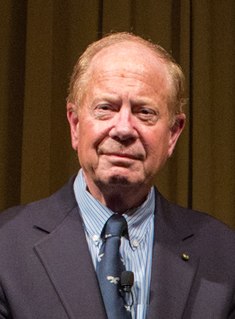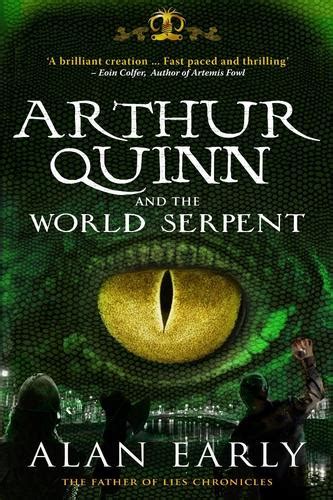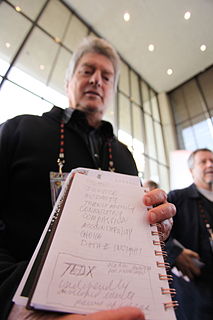A Quote by Ronald Takaki
The nation was founded and "dedicated," to use Lincoln's language in the "Gettysburg Address," to equality as a "self-evident truth." But this very principle of equality, as Lincoln also noted, was a "proposition." To make it a reality remained "the unfinished work" of Americans.
Related Quotes
How can diverse Americans become "one people"? I believe that one path is for us to pursue the study of the past that includes all of us, making all of us feel connected to one another as "we the people," working and living in a nation, founded and "dedicated" (to use Lincoln's language) to the "proposition" that "all men are created equal."
The spiritual kinship between Lincoln and Whitman was founded upon their Americanism, their essential Westernism. Whitman had grown up without much formal education; Lincoln had scarcely any education. One had become the notable poet of the day; one the orator of the Gettsyburg Address. It was inevitable that Whitman as a poet should turn with a feeling of kinship to Lincoln, and even without any association or contact feel that Lincoln was his.
The omission of an expected conjunction is called an asyndeton. Caesar is supposed to have said about Gaul: I came, I saw, I conquered. Lincoln concluded the Gettysburg Address, That government of the people, by the people, for the people, shall not perish from the earth.Caesar seems to have omitted his conjunction to speed things up; he is emphasizing how quickly the conquest of a place follows from its being sighted by a great and ambitious general. Lincoln's omission is more subtle
What Republicans need to do is to go back to their roots - starting with Lincoln - and remind the nation that they are the party of national growth, racial equality and unity of purpose. These Lincolnian themes will serve Republicans - and the nation - much better than becoming the party on the lookout for the supposed rat head of higher taxes.
No principle of general law is more universally acknowledged, than the perfect equality of nations. Russia and Geneva have equal rights. It results from this equality, that no one can rightfully impose a rule on another....As no nation can prescribe a rule for others, none can make a law of nations.






































